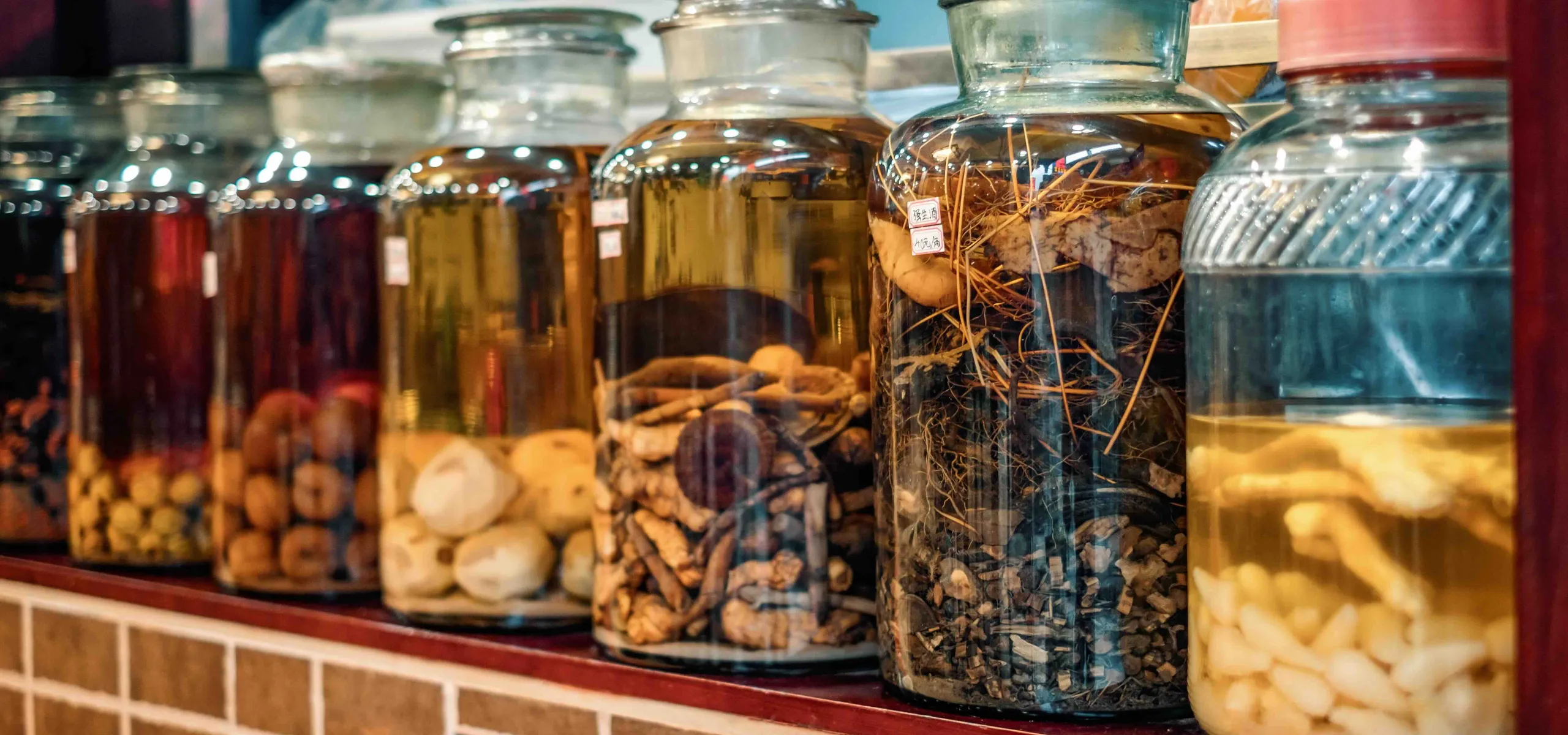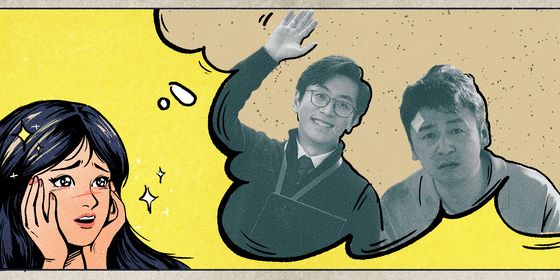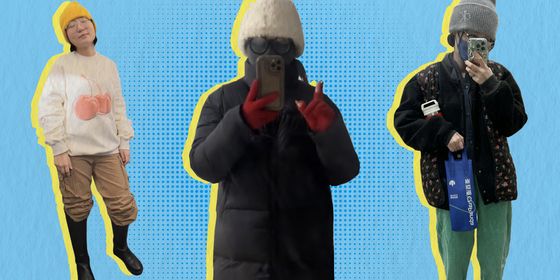Forget bubble tea, traditional Chinese medicine is the latest trend among youth
For many young Chinese, being forced to swallow traditional Chinese medicine (TCM) to treat a fever or a cough is a bitter childhood memory. But today, the same herbal brews are sold in stylish cups at pharmacies, some of whom have installed trendy cafe counters to cater to youngsters who want to keep that healthy glow after late nights in the office or on the dance floor.
No longer just associated with the healthy living habits of the elderly, herbal remedies, folk medicine, and medicinal drinks like suanmeitang (酸梅汤, sour plum juice) and goji berry tea are being embraced by Gen Z consumers seeking a cost-effective antidote for their modern lifestyles.
Last year, “Whole Ginseng Water,” a beverage that contains an entire ginseng root in each bottle and claims to reduce the ill effects of staying up late, reportedly sold 10,000 bottles a day when it hit the Chinese market. On the e-commerce platform Taobao, a goji berry drink produced by Tong Ren Tang Group, one of China’s oldest TCM brands, promises to improve one’s liver functions and eyesight and has sold out more than 40,000 orders from a single pharmacy at the time of writing.
“At the height of the season, we sold 800 orders a day,” 36-year-old Jiang Xu, the co-founder of a TCM beverage chain called “Prescribe a Remedy” in eastern China’s Jiangsu province, boasts to TWOC. Jiang used to sell milk tea but turned to TCM beverages when she noticed that young consumers were sounding the alarm about obesity. “Unlike milk tea, TCM drinks are healthier and free of chemical additives. It caters to the health preservation demand of young people,” Jiang says.
Health consciousness among young Chinese seems to have risen since the pandemic. On Xiaohongshu, a lifestyle app catering to a young user base, there are over 9 million posts with the keywords “health preservation (养生)” and over 1.67 million posts related to “TCM.” According to a survey by DT Finance, a financial data company, in 2022, 60.8 percent of young people felt “health” had become more important to them after the three-year pandemic, more than the percentage who felt “freedom” or “stability in life” had become more important.













